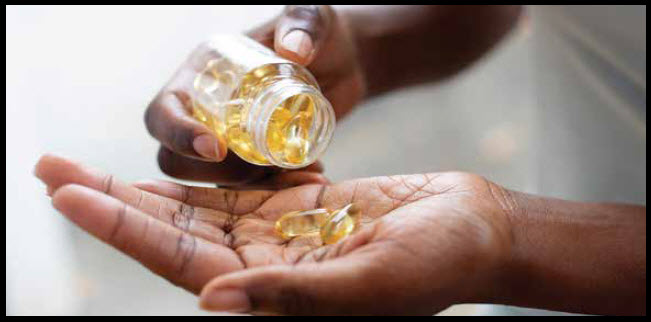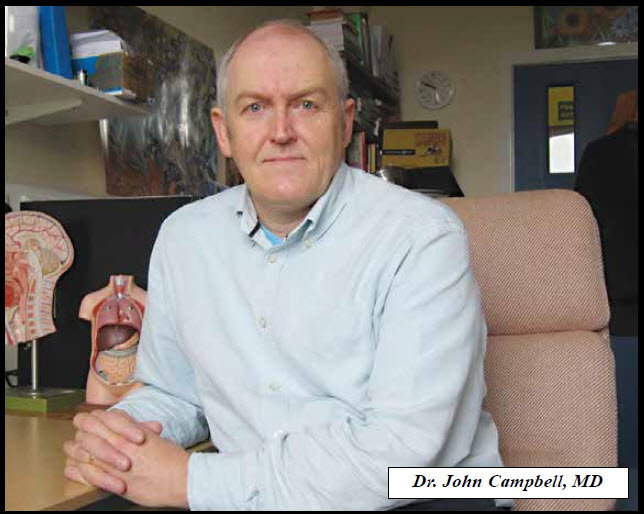By: John Horton
Would you like to reduce your or a loved one’s chance of developing dementia-BY 40%?
Could it possibly be as easy and cheap as taking vitamin D?
Read on.
It has long been widely observed that there is an association between low levels of vitamin D in the blood and dementia. Below is an observation made by the American Academy of Neurology (https://www.ncbi.nlm.nih.gov/pmc/articles/PMC4153851/).
“Recent meta-analyses confirm that low-serum vitamin D concentrations are associated with prevalent Alzheimer disease (AD) dementia and cognitive impairment. This is cause for concern given the high rates of vitamin D deficiency in older adults and continued uncertainty about the causes of AD and other forms of dementia”
What it does not do is show that there is a causal link — that is, that vitamin D deficiency actually causes dementia, or that taking supplemental vitamin D will lower one’s risk of dementia.
It does raise the question, “Well, if people with low vitamin D levels are more prone to dementia than those with adequate vitamin D levels, what would happen if you took supplemental vitamin D? Would that lower your chances of dementia?”
Very logical question. Seems like a common-sense question to me. It apparently seemed like a common-sense question to researchers in Canada also.
What they did was study a group of people in their 70s and 80s, comparing those who took vitamin D to those who didn’t. This was no small study. It involved 12,388 people observed over a 10-year period.

Here is a summary statement from WebMD:
“Older people who took the supplement were 40% less likely to develop the disease over a 10-year period, compared to people who didn’t take any extra vitamin D.”
The study itself is on the Alzheimer’s Association website https://alzjournals.onlinelibrary.wiley.com/doi/10.1002/dad2.12404. This study only came out recently, and you can see that it was published in the Alzheimer’s Association website, so that ought to give it some weight.
I am hopeful for what this seems to indicate.
Also, there is a medical term known as a risk/reward ratio. In other words, you have to measure the potential risks against the potential benefits for any medication.
Look at vitamin D — it is easily available over the counter and is inexpensive. There seems to be little risk associated with it using moderate dosing. Actually, there are some studies that show it has benefit for stroke and diabetes patients as well.
No downside…potentially incredible benefit. Is this too good to be true?
For an enjoyable breakdown of the vitamin D benefit study, watch the wonderful and easy-to-follow exposition by one of my favorite physicians, Dr. John Campbell at https://www.youtube.com/watch?v=-U4CD1uKnZA.
He is beloved by tens of thousands, he is obviously a highly intelligent and compassionate man, and he explains things so regular folks can grasp them. (And you will also enjoy his British pronunciation of the word “vitamin.”)
Here is a summary of the non-existent risk involved in taking vitamin D — again by “Dr John” (who by the way doesn’t recommend any particular dosage but mentioned that he takes 4000 IU per day.) Of course, you will have to determine that for yourself. It is available in 2000 IU capsules in any pharmacy.
In conclusion, I have dear friends I am losing to this disease. Is it possible it might have been easily prevented? And, for those who are currently battling dementia, is vitamin D supplementation something that can truly help? I am not a medical professional; I am an engineer and a farmer. I know that sometimes just asking questions is all it takes for people to look into a subject deeply, and I am asking you to do so for your sake as well as mine.
By: John Horton






